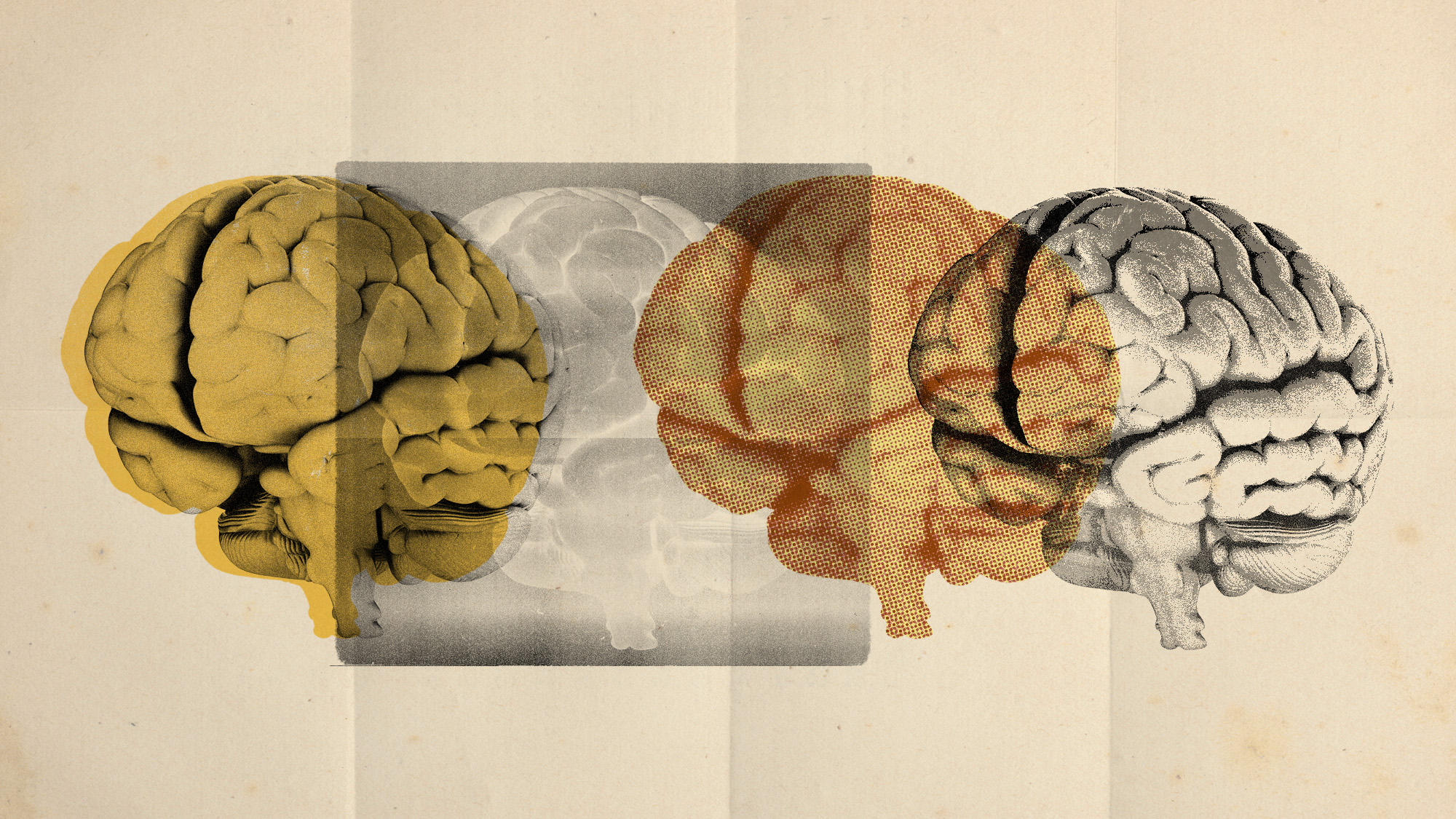Britons among most depressed people in Western world
OECD data finds direct correlation between education levels and depression

A free daily email with the biggest news stories of the day – and the best features from TheWeek.com
You are now subscribed
Your newsletter sign-up was successful
Britons are among the most depressed people in the western world, according to the latest rankings from the Organisation for Economic Co-operation and Development.
The OECD, which analysed data from European health interview survey results and other national survey’s from across the world, put the UK joint-seventh out of 25 countries from Europe and Scandinavia for adults reporting they have depression.
The OECD estimates that around 10% of British people aged between 25 and 64 are suffering from depression. While this is less than Ireland (12%), Germany (12%) and Iceland, which came top with 14%, it is also above the average and twice as high as countries such as Italy and Greece (both 4%) which have suffered a serious economic downturn over the past decade.
The Week
Escape your echo chamber. Get the facts behind the news, plus analysis from multiple perspectives.

Sign up for The Week's Free Newsletters
From our morning news briefing to a weekly Good News Newsletter, get the best of The Week delivered directly to your inbox.
From our morning news briefing to a weekly Good News Newsletter, get the best of The Week delivered directly to your inbox.
Breaking down the data, it was found that depression was highest among those who left school after sitting GCSEs but that this more than halved to just 7% for those with a university education.
Andreas Schleicher, director of education and skills at the OECD, told the Daily Mail that there are “good reasons to believe that education has a direct effect” on reported depression levels.
“With higher levels of education you just have so many more ways to participate in society” he said, while conversely “the risk of social exclusion is just much higher for people who don’t have the kind of skills”
The data also reveals that women are more likely to report depression than men, even though depression levels are on average higher among men.
A free daily email with the biggest news stories of the day – and the best features from TheWeek.com
In 2015, an international comparison of children’s happiness across 15 countries found British children were amongst the unhappiest in the world, with widespread bullying causing huge damage to their wellbeing.
According to the Mail, the rise in depression saw the NHS issue 64.7 million prescriptions for depression last year, double the amount given out a decade ago.
-
 Political cartoons for February 19
Political cartoons for February 19Cartoons Thursday’s political cartoons include a suspicious package, a piece of the cake, and more
-
 The Gallivant: style and charm steps from Camber Sands
The Gallivant: style and charm steps from Camber SandsThe Week Recommends Nestled behind the dunes, this luxury hotel is a great place to hunker down and get cosy
-
 The President’s Cake: ‘sweet tragedy’ about a little girl on a baking mission in Iraq
The President’s Cake: ‘sweet tragedy’ about a little girl on a baking mission in IraqThe Week Recommends Charming debut from Hasan Hadi is filled with ‘vivid characters’
-
 ‘Longevity fixation syndrome’: the allure of eternal youth
‘Longevity fixation syndrome’: the allure of eternal youthIn The Spotlight Obsession with beating biological clock identified as damaging new addiction
-
 A real head scratcher: how scabies returned to the UK
A real head scratcher: how scabies returned to the UKThe Explainer The ‘Victorian-era’ condition is on the rise in the UK, and experts aren’t sure why
-
 How dangerous is the ‘K’ strain super-flu?
How dangerous is the ‘K’ strain super-flu?The Explainer Surge in cases of new variant H3N2 flu in UK and around the world
-
 RFK Jr. sets his sights on linking antidepressants to mass violence
RFK Jr. sets his sights on linking antidepressants to mass violenceThe Explainer The health secretary’s crusade to Make America Healthy Again has vital mental health medications on the agenda
-
 The ‘menopause gold rush’
The ‘menopause gold rush’Under the Radar Women vulnerable to misinformation and marketing of ‘unregulated’ products
-
 The app tackling porn addiction
The app tackling porn addictionUnder the Radar Blending behavioural science with cutting-edge technology, Quittr is part of a growing abstinence movement among men focused on self-improvement
-
 Scientists have identified 4 distinct autism subtypes
Scientists have identified 4 distinct autism subtypesUnder the radar They could lead to more accurate diagnosis and care
-
 'Poo pills' and the war on superbugs
'Poo pills' and the war on superbugsThe Explainer Antimicrobial resistance is causing millions of deaths. Could a faeces-filled pill change all that?